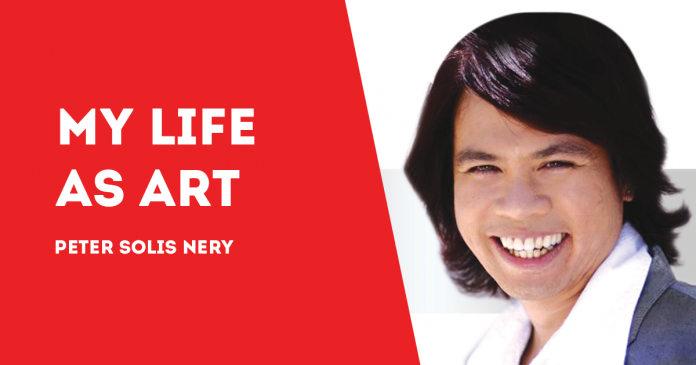
THESE days, students and netizens bug me with questions about poetry.
Because I often give free online poetry workshops, they think I hold the key to understanding poetry, and the best techniques for writing it.
Their faith may not be misplaced, or in vain.
And while I do not claim to know everything about poetry of the past centuries, I think I am pretty much in touch with the poetry of this new century.
*
I read a lot of poetry, and literary criticism.
I read poets old and new, shitty and pretty good.
I kind of understand readers and their psychology, especially if they strongly identify with generational groups like Boomers, Gen X, Millennials (or Gen Y), and Gen Z.
Because I understand their reading and writing habits, I often give the best opinion on things literary and educational.
*
Here then, are a dozen pointers I give on “How to Become a Knowledgeable 21st Century Poet” —
*
1. Read as many poems as you can. You will only know the shapes of poems, and the possibilities of poetry, if you read at least 365 poems a year. If Emily Dickinson wrote at least 1,800 poems, and Basho wrote 1,001 famous haiku in addition to his other literary output, what makes you think that you should not read a poem a day if you want to be a poet?
*
2. Choose one, two, or three favorite poets. Your favorite poets are your models, your idols. In most likelihood, you like them because you are more like them than any other poets. It is possible that you have the same literary language, the same vocabulary, the same sensibility, the same crazy points-of-view by which you see the world.
*
3. Research the life of these poets. Look for similarities, and differences, in your lives. Search for, and read all, the poems of these favorite poets. See the growth and development of their poetry, and their poetics (a.k.a. poetic style). See where your similarities end. See where you want to “depart” from these poets, and where to begin pushing your own poetry forward to be more 21st century.
*
4. Read literary criticisms (educated analysis or scholarly readings) about these poets and their works. See what other people “get” when they read the works of these poets. See how Poetry works according to scholars and professors of literature. Of course, your reading is as important as the scholars’ opinions. But if they’re scholars and professors of literature, you should also listen to them. Their opinions are just as important as yours. (And just because they are paid for what they do, I often think that their opinion is “more important,” more expertly, than yours!)
*
5. After you have written 15 to 24 poems, find a teacher/mentor. Someone who is willing to patiently read your work, and honestly tell you where you f*cked up. If you just want to be praised, get a stupid teacher. If you want to improve, find a teacher who loves Poetry more than your feelings. If you want a special treatment, sleep with the teacher. That will ruin you both; and may Poetry leave you both forever.
*
6. Listen to your mentor, and see if your work improves. If your teacher/mentor cannot help improve your work, f*ck the mentor — I mean, tell the mentor to f*ck off!
*
7. Read some more. Write some more. Find a new teacher/mentor. (Stop f*cking around!) Then, when you are 33 years old, start teaching poetry. If you teach poetry younger than that age, you will not look knowledgeable. It would only look like you slept with the professor, or you f*cked with Literature in college. (F*cked with it until you earned a degree!)
*
8. To be a really knowledgeable poet, just write and keep your mouth shut until you are 50. At 50, you can say anything you want without giving a f*ck.
*
9. Poetry is a private enterprise. Publication is almost equal to prostitution. Do not be a fame whore (like me)! Once you are published, there’s a pressure to serve the public what the public stupidly wants. Poetry is art, publication is a business. Go figure!
*
10. There is no money in poetry. There’s probably Sex; but money, no! Poets who are stubborn and do not want fame or success will die poor and lonely. But they may leave behind greatness and beauty. Think Emily Dickinson; think Vincent van Gogh — not a known poet, but with the heart of a poet.
*
11. When you are more mature as a poet, do not ever write poetry for someone. Not for an audience, not for ‘likes’ and approval, not to win awards. Write only essential poetry, poetry that needs (or insists) to be written. That way, you will ensure your legacy.
*
12. And again, “To change the mind and heart of your readers, you must speak of your truth, the truth borne of your 21st century experience.”/PN

